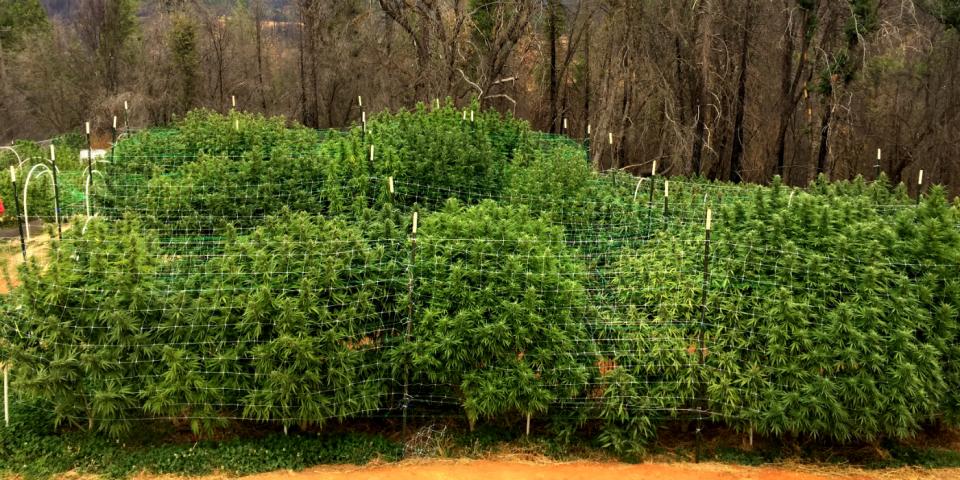“It’s a constant struggle for the small business”. Diggs Terra, founder of Humboldt Seed Organization, resents the sudden requirement for all cannabis growers to turn into businesspeople after the approval of the new Prop 65. A way too rapidly implemented law that could leave many of their people out of the game.

A year hasn't been enough for the small cannabis producers from the Emerald Triangle to adjust to the new regulations and become full-on companies. Nor have they been able to build enough revenue to adapt their crops to the requirements or draft the reports guaranteeing product traceability. The legalization of pot in the fifth biggest economy in the world, California, may have brought about very good times for the large companies, but the instigators of all this movement are living a total nightmare.
Recreational weed going legal means that many new regulations and bureaucratic requirements come into force, as explained by Diggs Terra when asked about the consequences of cannabis legalization in California. He's one of the two halves of Humboldt Seed Organization. Deeply rooted in the Redwoods, he's spent his entire life growing and crossing cannabis plants while learning more and more about nature. So far the tricky part wasn't reducing the ecological footprint of the grow but channeling the water from the underground wells in such a way that distant plants could be watered without the police noticing them. So, however eager to let go of all this secrecy and happy to pursue their activities without fear of prosecution they could be, complying with all the necessary requirements is turning out far more difficult than expected, he claims.
"You have thousands of small farmers in California that have had to now go through the legal system where it's required a lot of compliance, a lot of changes to the way their land and structure has to be managed. Besides, there's a lot more taxes involved and they are very high. So there's not a lot of businesses that start off with money to pay that amount of tax", says Diggs Terra. He estimates that there are 10,000 cannabis cultivation farms in California with temporary permits that are about to expire. To keep the permit, they have to have everything in place, says Digg Terra, and that's one big expense that most of them cannot bear.
"Most of us have been growing outside in the woods, investing the money in the place slowly. And you know… when you have a country home, the project never ends because you have to do a lot of maintenance that is typically provided in the cities".
Because of the carbon footprint, the maximum grow that you can have in California is 1 acre. So the earnings from a plot of this size don't really pay off the initial investment necessary for it. That's why the co-founder of HSO claims that the farmers needed more time to get organized. They deserved a minimum of four years.
Click here to learn more about the requirements for a cannabis cultivation permit in California
Despite claiming that "legalization is tragic", because the small yet real promoters of this legalization movement are being slaughtered by large companies, he believes the consumers can really help tilt the balance towards the former. "Now is more important than ever that consumers know exactly where they're getting their product from and connect in some way with the small farmer". That will help to reassure the quality because boutique flowers, the best quality buds, come only in small batches.





Give us your feedback
Your rating (between 1 and 5)
1 2 3 4 5Leave a comment